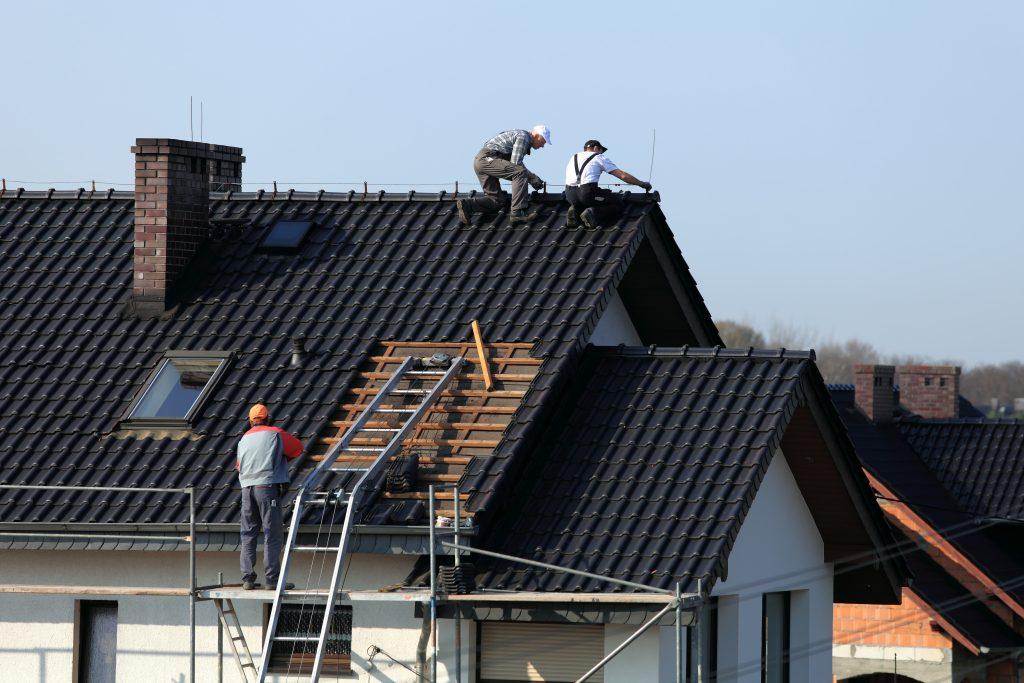When it comes to home maintenance, replacing your roof is one of the most significant and necessary investments you can make. But have you ever wondered about the best time of year to tackle this project? In this comprehensive guide, we will explore the ideal seasons for roof replacement and the factors you should consider to make an informed decision.

Understanding Seasonal Considerations
The timing of your roof replacement can have a significant impact on the process and the outcome. Here are some key factors to consider for each season:
Spring: A Season of Renewal
Spring is often considered one of the best times to replace your roof. The moderate temperatures and lower humidity levels can create an ideal working environment for roofing contractors. In addition, spring showers can help reveal any existing leaks or vulnerabilities in your roof, making it easier to identify problem areas.
Summer: Warm and Dry Days
Summer offers long, warm, and dry days, which are excellent for roofing projects. However, it’s essential to schedule your replacement early in the season to avoid the intense heat, which can be uncomfortable for the workers on your roof. Be prepared for potential delays, as this is a busy season for many roofing companies.
Fall: Mild Weather and Preparation for Winter
The fall season is another good time for roof replacement. The mild weather and lower humidity levels continue to provide optimal working conditions. Plus, replacing your roof in the fall ensures your home is well-prepared for the harsher winter months, preventing potential leaks and damage.
Winter: A Challenging Choice
Roof replacement during the winter can be challenging due to cold temperatures, potential snowfall, and icy conditions. While it’s not the ideal time, in some urgent situations, you may need to address roof issues to prevent further damage. It’s best to consult with a professional to determine if winter replacement is necessary and feasible.
Factors to Consider
- Local Climate: Your geographical location and the specific climate of your region play a significant role in determining the best time to replace your roof. Consider the weather patterns and temperature ranges in your area.
- Roofing Contractor Availability: Roofing companies tend to be busiest during the late spring and summer. If you plan to replace your roof during this time, be sure to book your contractor well in advance to secure a spot in their schedule.
- Budget: Consider your budget and financial readiness for a roof replacement project. Depending on the season, you might find variations in material costs and labor charges.
- Roofing Material: The type of roofing material you choose can influence the ideal time for replacement. Some materials, such as asphalt shingles, may be more temperature-sensitive, while others, like metal roofing, are suitable for all seasons.
- Personal Schedule: Think about your own schedule and when it’s most convenient for you to have work done on your home. Coordinating the project with your availability can make the process smoother and less stressful.
Conclusion
In conclusion, the best time of year to replace a roof depends on various factors, including the local climate, contractor availability, your budget, roofing material, and personal schedule. Generally, people consider spring and fall as the most favorable seasons for replacing roofs because of moderate weather conditions. However, if you plan ahead, summer can also be a viable choice.
It’s essential to consult with a professional roofing contractor to determine the optimal timing for your specific situation. They can provide expert advice and ensure that your roof replacement is carried out efficiently and effectively, protecting your home for years to come. Remember that a well-timed roof replacement is an investment in the long-term health and value of your property.



Leave a Reply